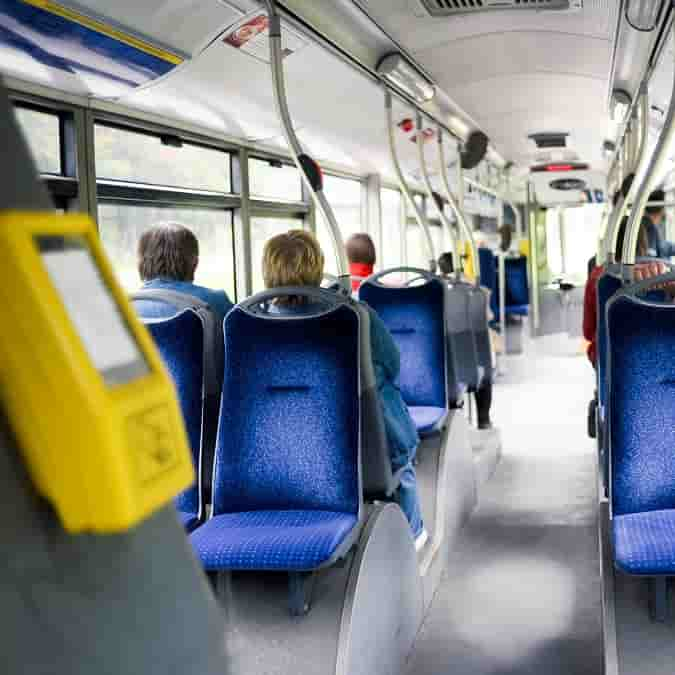The Workers Union has issued a strong statement of support for caps to bus and tram fares.
In an announcement made this morning, a spokesperson for the organisation said: ‘With so many people struggling to pay their bills, a little bit of extra help with travel costs can make a real difference to squeezed budgets.’
After the former secretary of state for transport, Grant Shapps, revealed that price caps would be introduced on buses from January to March 2023, some areas of the country have already taken the lead in reducing the cost of travel.
In Greater Manchester, Mayor Andy Burnham unveiled a £2 cap on single bus journeys and a £1 max fare for those under 16. Since the fares came into operation, Burnham has also announced that from the new year, weekly tickets will be capped at £21 for adults – a 40 pence increase that would be substantially higher without additional subsidy.
Meanwhile, in November, South Yorkshire Mayoral Combined Authority (SYMCA) capped bus and tram fares at £2 throughout the region. The Authority put aside £600,000 for the scheme, which, it claims, will reduce the cost of more than 700,000 journeys.
The news comes at a difficult time for the transport industry, with rural and metropolitan transport services under pressure from industrial action, rising costs and the fallout from the COVID pandemic.
At the same time, some services are disappearing. A report published by The Guardian newspaper in April of this year drew attention to the plight of the bus network by highlighting the 25 percent decline in services – and the 5,000 routes that have vanished – in the last decade.
The Workers Union Says…
Subsidised travel is an important way of helping people to manage the cost-of-living crisis. It is not, as some have claimed, a dangerous step towards big statism or a waste of taxpayers’ money. Cheap, efficient buses and good rail links are an essential part of a modern economy – even in an age when digital communications make regular commuting unnecessary. Not all workers have the luxury of being able to sit at home to do their jobs. Many still need to get around for business as well as leisure.
On that basis alone, offering support to workers that use bus, rail and tram services is pivotal – both in terms of present importance and future requirements. We will need to turn to alternative forms of mass transit if we are to meet our climate goals. We will need to have frequent, accessible public transport in place to keep our nation connected and challenge the modern epidemics of loneliness and poor mental health brought on by increased isolation.




